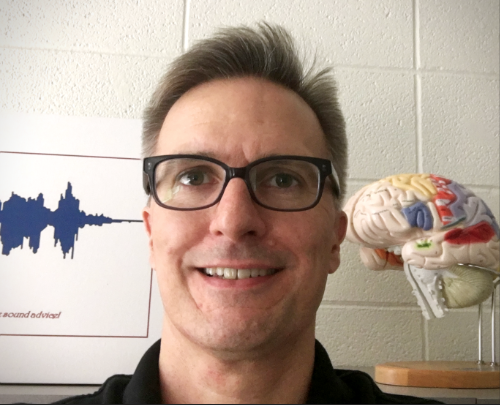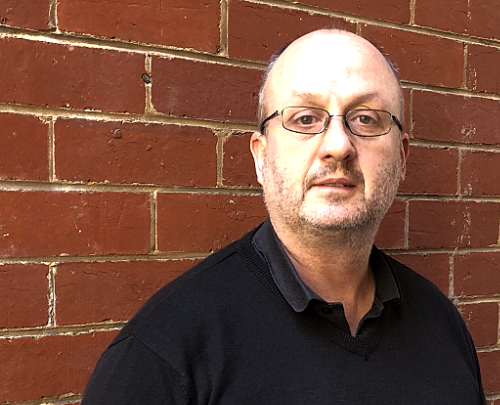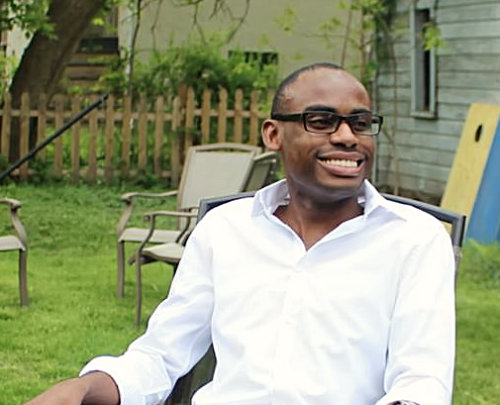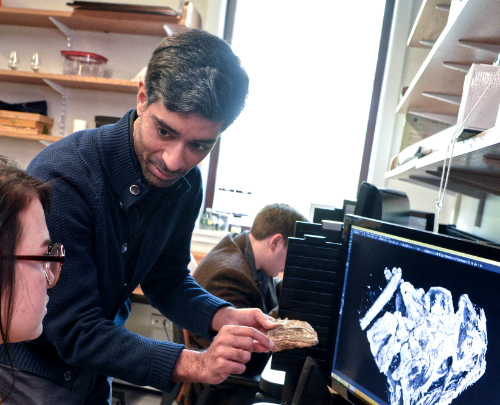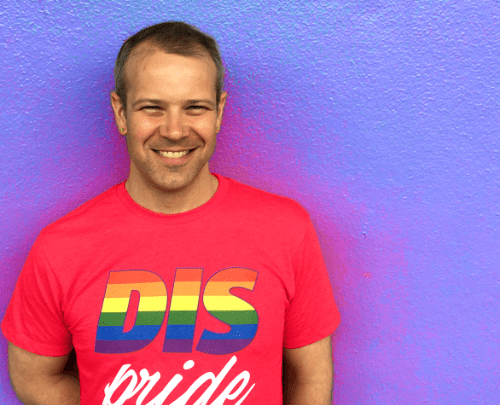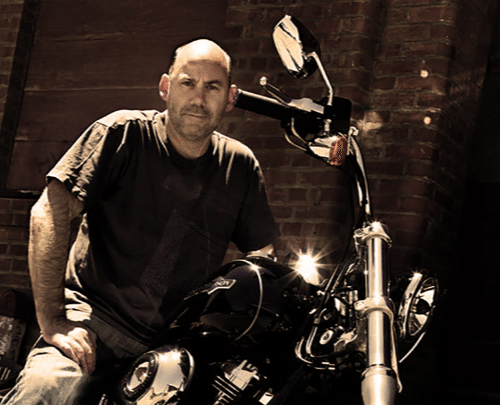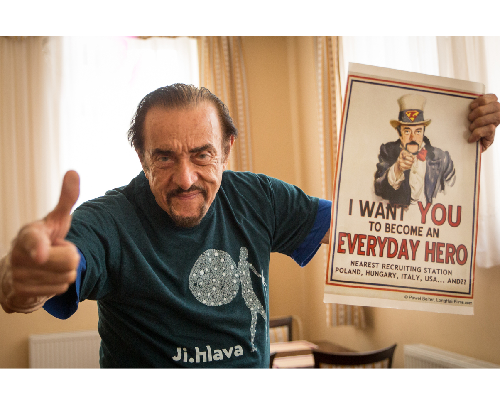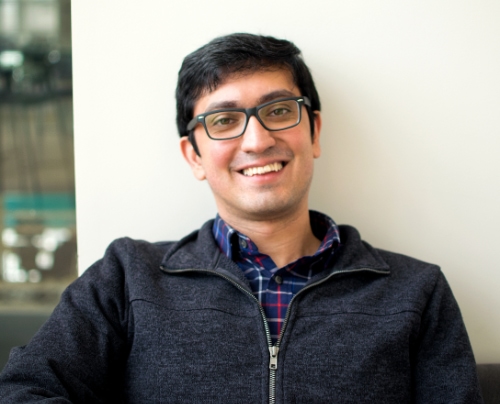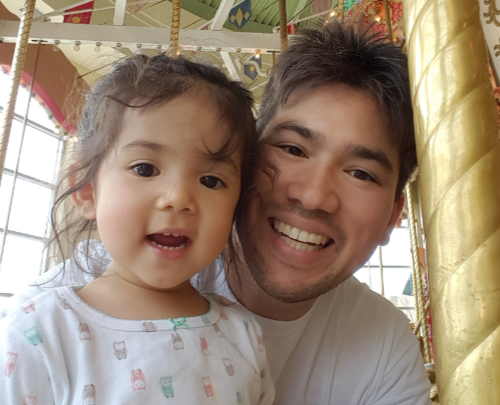18
Sep 2018
Can auditory errors and illusions better help us understand how the brain works? In episode 32 Mike Vitevitch from the University of Kansas talks with us about his research into the cognitive mechanisms underlying the Speech-to-Song auditory illusion. His open-access article "An account of the Spe...
4
Sep 2018
While various vertebrates have been taught to learn humans' concept of "zero," might too honey bees, even though their brains have thousands of times fewer neurons? In episode 31 Adrian Dyer from RMIT and Monash University in Australia talks with us about his work first teaching bees to count and ...
21
Aug 2018
Might early hearing impairment lead to cognitive challenges later in life? Yune Lee from the Ohio State University talks with us in episode 30 about his research into how even minor hearing loss can increase the cognitive load required to distinguish spoken language. His open-access article "Diff...
7
Aug 2018
No matter whether you think you can or can't, the saying goes, you're right. Neil Lewis, Jr. from Cornell University talks with us in episode 29 about about his research into what differentiates students who experience difficulty in college as signaling its importance from those that make it mean ...
10
Jul 2018
What can prehistory tell us about the origins of modern birds? Bhart-Anjan Bhullar from Yale University talks with us about how the discovery of a 95 million year old Ichthyornis fossil in 2014 revealed some unexpected insights into the minds — and mouths — of today's birds. His article, "Complete...
5
Jul 2018
In celebration of LGBTSTEMDay, we talk with Bryce Hughes of Montana State University about his research into the factors that influence the retention of LGBQ students in STEM programs. His open-access article, "Coming out in STEM: Factors affecting retention of sexual minority STEM students" was p......
15
May 2018
We set out talk with David Kernot from Australia’s Defence Science and Technology Group about William Shakespeare's true identity, but soon discovered his work has implications on national security and suicide prevention, as well as diagnosing Alzheimer's years before it can be otherwise identifie...
17
Apr 2018
What leads people to stand up against authoritarianism? Philip Zimbardo, Professor Emeritus from Stanford University and lead investigator on the Stanford Prison Experiment, talks with us about his new research into how social modeling influences the likelihood of disobeying unjust authority figur......
2
Apr 2018
By now, we're all familiar with the idea that social media can - and has - been used to spread untruths. But why does this work? Soroush Vosoughi from MIT's Laboratory for Social Machines and Harvard's Berkman Klein Center talks with us in episode 20 about his research into how false news dissemin...
6
Mar 2018
Michael Kraus from Yale University's School of Management talks with us about his research examining the role of the voice in our capacity to accurately estimate the emotions of others. His open-access article, "Voice-Only Communication Enhances Empathic Accuracy", was published in the American P...

